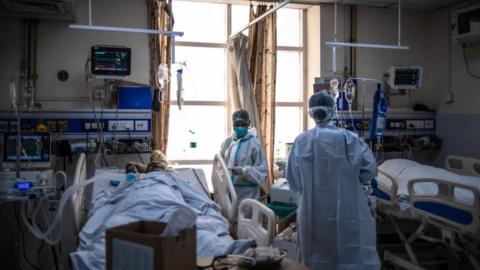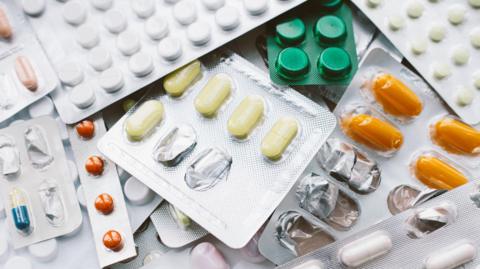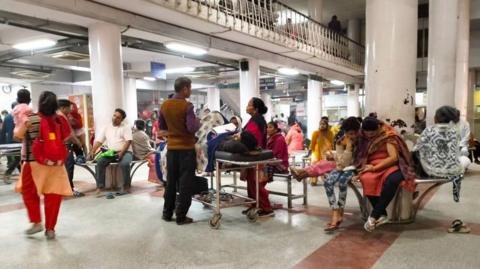Antibiotics are hailed as medical saviours.
But they are increasingly facing a crafty adversary: bacteria that mutate and adapt and outwit the very drugs designed to defeat them and cure the infections they cause.
These antibiotic-resistant "superbugs" directly caused 1.14 million deaths worldwide in 2021, according to The Lancet, a medical journal. Antibiotics - which are considered to be the first line of defence against severe infections - did not work on most of these cases.
India is among the countries hardest hit by "antimicrobial resistance". In 2019 alone, antibiotic-resistant infections caused around 300,000 deaths. They alone are responsible for the deaths of nearly 60,000 newborns each year.
But some hope is on the horizon. A number of promising locally-developed new drugs show potential to combat antibiotic-resistant pathogens. They also offer a game-changing solution to preserve last-resort treatments.




